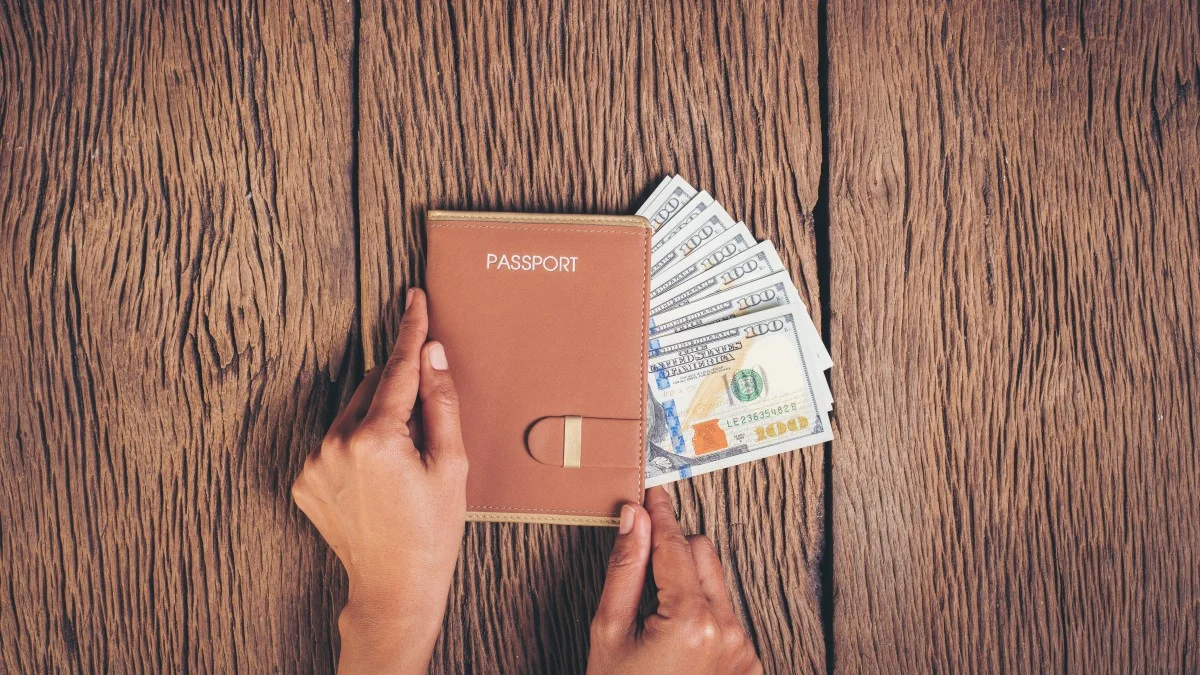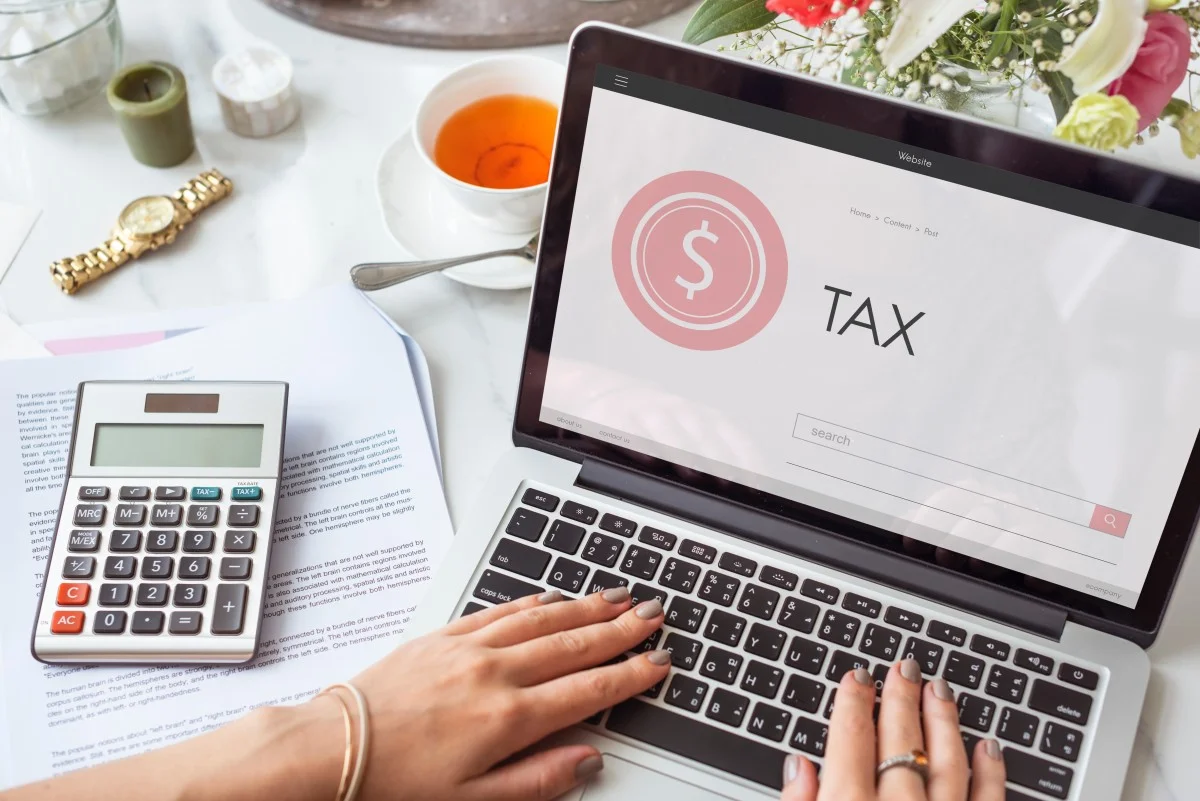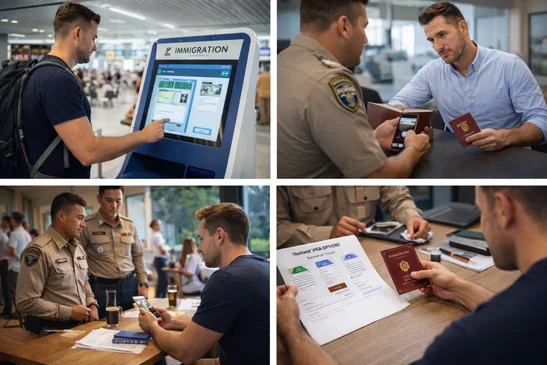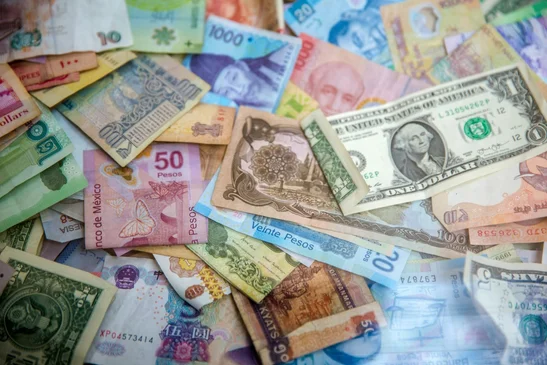Many expats make the move to Phuket in search of a simpler, carefree lifestyle. In some ways this is possible, but in reality dealing with finances in one or another is unavoidable. Whether it’s the challenge of making money, figuring out the best way to move money around, or navigating a tax system, all expats have to learn a thing or two about handling finances while living abroad.
Budgeting for Phuket

Image by pressfoto on Freepik
One of the most commonly asked questions is how much does it cost to live in Phuket. In fact, Phuket can really be as affordable or as expensive as you make it. While one might be able to scrape by on THB 15,000 per month, it’s not sustainable or desirable for most. It’s easy to search online for rental listings and the general price of things to get an idea of what the cost of living might be for your lifestyle. However, it’s important to keep in mind the many peripheral costs of expat life such as visas, insurance, and travel. While in certain circumstances it is possible to finance a vehicle or get a mortgage for accommodation, it’s uncommon and under poor terms so it’s best to plan on buying things outright.
Moving Money Into Thailand

Image by jcomp on Freepik
Those who have savings or get paid in their home currency will need to transfer and convert money to Thai baht. Sure, you can withdraw funds from an ATM, but there are transaction charges each time and the exchange rate may be unfavorable. Opening a Thai bank account is the best option. Thai banks don’t have a clear regulation regarding foreigners opening accounts and the requirements may differ from one branch to another. A work permit is a common requirement, but requirements are likely more relaxed nowadays as a result of different visa options like the DTV.
Moving money from your home-country bank to Thai bank can be as simple as initiating an international transfer, however, many people opt for services like Wise, Revolut, or OFX. These services often offer more competitive exchange rates, lower fees, and quicker turnaround times. Be aware that not only will you be liable to pay tax when bringing amounts over THB 150,000 int Thailand, but large international transfers may require documentation for Thai banks and may be reported to Thai authorities under anti-money laundering laws.
Paying Taxes: Home Country vs. Thailand

Image by rawpixel.com on Freepik
Step number one to ensuring you understand your tax obligations is to talk to a tax consultant. Many countries have differing rules about tax liabilities and where your responsibilities lie. Some expats may continue to owe taxes in their home country depending on nationality, residency rules, and the source of their income. U.S. citizens, for example, are required to file annual tax returns regardless of where they live, and may be subject to additional reporting requirements. Other countries, such as the UK or Australia, may not tax expats unless they maintain significant ties or earn local income.
In Thailand, whether or not you pay Thai income tax depends on your residency and the source of your income. If you reside in Thailand for 180 days or more in a calendar year, you're considered a tax resident. If you’re working and living here then you will be required to pay income tax. However, income earned abroad but brought into Thailand during the same calendar year will likely be subject to Thai tax. It can be confusing and there can be different ways to handle income and taxes – which is why it’s a very good idea to discuss with a consultant.



















